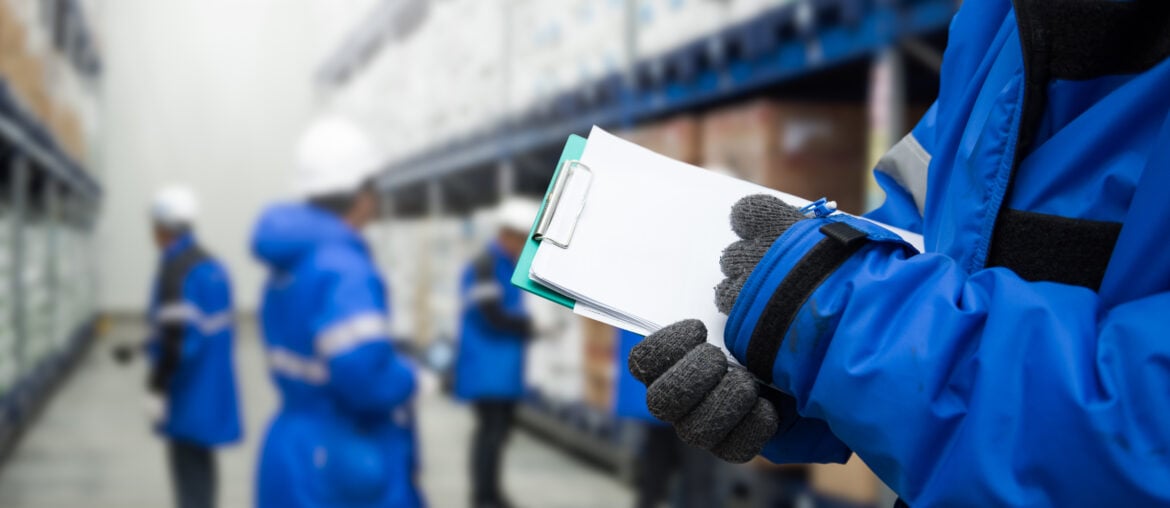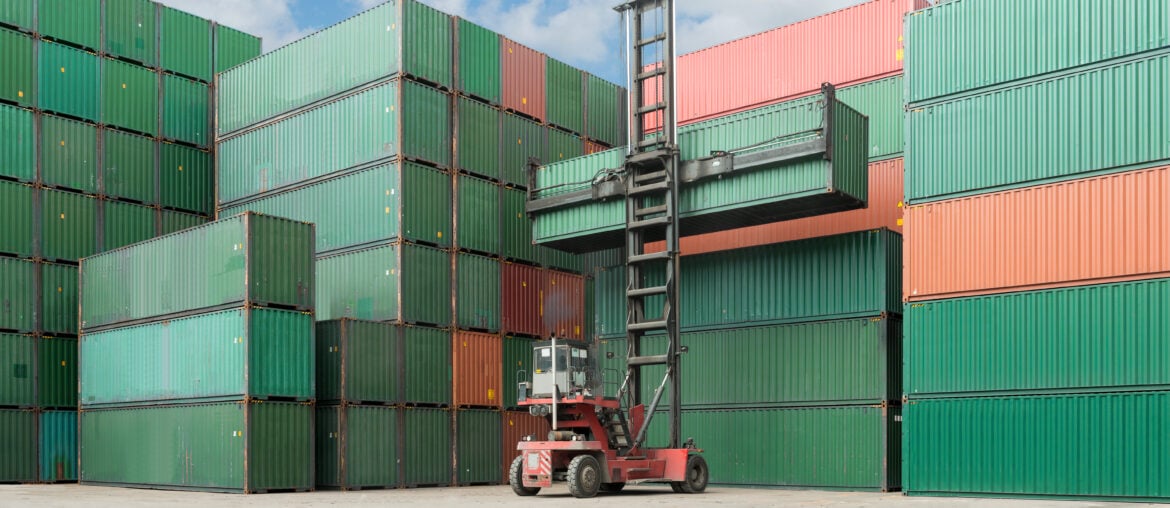Después de mucha expectativa desde la entrada en vigor del Tratado entre México, Estados Unidos y Canadá (“T-MEC”), el 17 de febrero de 2023, la Secretaría de Economía publicó en el Diario Oficial de la Federación un Acuerdo que establece las mercancías cuya importación está sujeta a regulación a cargo de la Secretaría del Trabajo y Previsión Social (el “Acuerdo contra Trabajo Forzoso”), que prohíbe la importación de bienes producidos mediante trabajo forzoso. El Acuerdo…
After much anticipation since the United States-Mexico-Canada Agreement (“USMCA”) entered into force, on February 17, 2023, the Ministry of Economy published in the Federal Official Gazette an Administrative regulation that sets forth the goods which importation is subject to regulation by the Ministry of Labor and Social Welfare (the “Forced Labor Regulation”), which prohibits the importation of goods produced with forced labor. The Forced Labor Regulation, which will become effective on May 18, 2023, implements…
US Customs and Border Protection (“CBP”) updated its guidance related to the new Uyghur Forced Labor Prevention Act (“UFLPA”) Region Alert, and announced that it will be deployed in the Automated Commercial Environment (“ACE”) on March 18, 2023. The deployment of the UFLPA Region Alert was delayed since it was first announced by CBP in 2022. The UFLPA Region Alert will add new validations to ACE in certain applications so that (i) a postal code…
On 14 September 2022, the EU Commission published its proposal for a Regulation introducing a ban on the placing and making available on the EU market or export from the EU market of products made using forced labour (see press release here). Following on from Commission President von der Leyen’s announcement of the proposed ban in her State of the Union Address last year, under the Proposed Regulation, products found to have been made using…
On June 23, 2022, the US Department of Health and Human Services (“HHS”) Office on Trafficking in Persons (“OTIP”) issued a request for information (“RFI”) on forced labor, a form of human trafficking, in healthcare supply chains. This RFI is part of OTIP’s ongoing efforts to seek public comments to inform implementation of Executive Order 14001 “A Sustainable Public Health Supply Chain”, the National Strategy for a Resilient Public Health Supply Chain, and other related…
The Uyghur Forced Labor Prevention Act (“UFLPA”) took effect on June 21, 2022, and establishes a rebuttable presumption that all goods mined, produced, or manufactured wholly or in part in Xinjiang, China, or by entities identified on the “UFLPA Entity List,” are made with forced labor and prohibits them from entry into the United States under Section 307 of the Tariff Act of 1930. A few days prior to the implementation of the UFLPA, US…
On June 13, 2022, US Customs and Border Protection (“CBP”) issued the long-awaited Uyghur Forced Labor Prevention Act (“UFLPA”) Operational Guidance for Importers (“CBP UFLPA Guidance”). The UFLPA requires CBP to apply a presumption that imports of all merchandise mined, produced, or manufactured wholly or in part in Xinjiang, China, or by entities identified on the “UFLPA Entity List,” are presumed to be made with forced labor and are prohibited from entry into the United…
This week Florida’s two senators, Marco Rubio and Rick Scott, introduced a bill imposing several China specific public disclosure obligations, including disclosures related to sourcing activities related to products utilizing forced labor from Xinjiang, China (“the Bill”). The Bill would apply to all publicly traded companies and supplements the proposed SEC environmental, social and governance (“ESG”) disclosures, discussed here, and the Uyghur Forced Labor Prevention Act (“UFLPA”), which will come into effect in June 2022…
In a sign that Congress continues to pursue bipartisan efforts to combat the use of forced labor in supply chains, Senators Josh Hawley (R-MO) and Kirsten Gillibrand (D-NY) have reintroduced the Slave-Free Business Certification Act of 2022 (“the Act”). The Act is substantively similar to a July 2020 bill, which we have previously discussed on our blog. The Act would impose significant new compliance and disclosure requirements for many companies, requiring businesses with annual, worldwide…
On 23 February 2022, the EU Commission published its proposal for a directive on corporate sustainability due diligence obligations, which aims to foster sustainable and responsible corporate behaviour throughout global value chains. Scope The new due diligence rules will apply to: all EU limited liability companies with 500+ employees and EUR 150 million+ in net turnover worldwide (“Group 1”); and other limited liability companies operating in defined high impact sectors (e.g. the textile, mining and…








